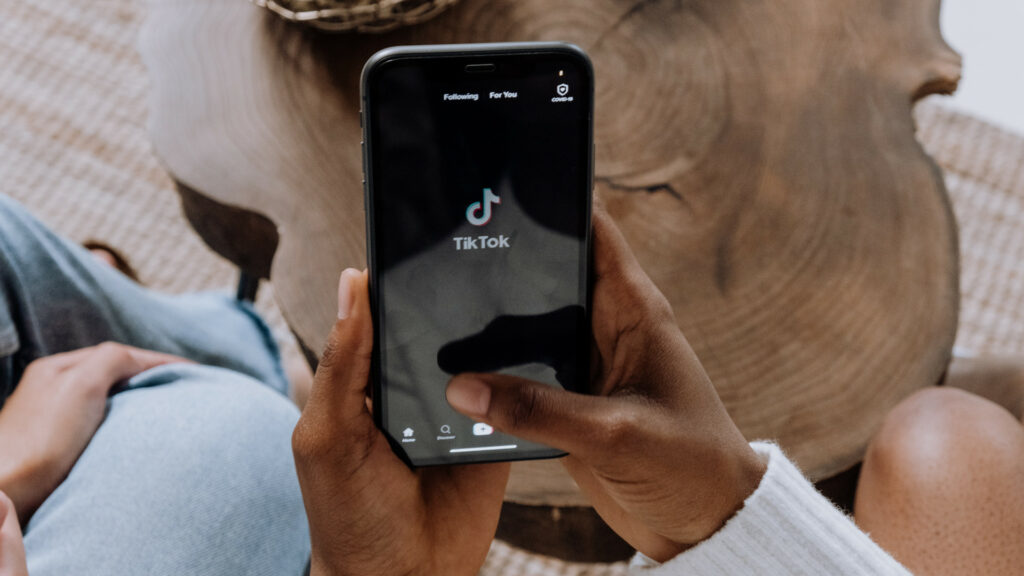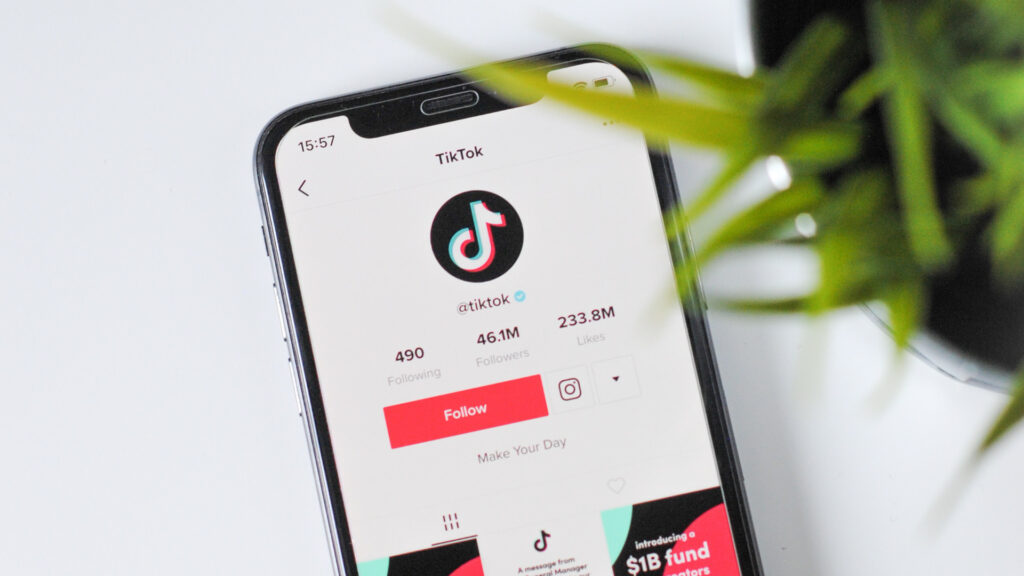
Wall Street Journal investigation reveals secrets of TikTok algorithm. What really matters is the viewing time.
It was a year ago. In a blog post, TikTok explained in general terms how the videos in the #ForYou (#ForYou) section are selected. Three main parameters were mentioned by the social network: interactions between members, information about videos (such as keywords and captions) and device and account settings.
These criteria are not the only ones to be taken into account, but TikTok was careful not to give the exhaustive list or to inform the relative weight of each of them. This system generates a personalized stream of videos, also integrating any indications that Internet users give – when they say they are not interested in such or such content, for example.
” All of these factors are processed by our recommendation system and weighted according to their value to a user. TikTok wrote. An example was given: watching a video to the end carries more weight than residing in the same country as the videographer. The secret algorithm then selects the videos deemed relevant on these opaque criteria, and classifies them in a certain order.
What interests TikTok: your viewing time
A year later, it turns out that the operation of TikTok is really based only on one very specific criterion: the time spent on a video. This is the conclusion reached by an investigation by the Wall Street Journal, published on July 21. To unlock the secrets of the algorithm, the American daily has created dozens of automated accounts to view hundreds of thousands of content.
Using real “bots” has given us a better understanding of how TikTok works and the criteria that really matter. Indeed, the algorithm is certainly based on other factors, such as shares, but they are not the ones that weigh the most in the balance. What really matters is the viewing time. It is this criterion that shapes the #ForToi section the most.
The algorithms used by the platforms are very well-kept secrets. We do not know, for example, how precisely Google’s search engine works to select websites and sort them in results pages based on a request from an Internet user. Ditto for a site like YouTube: there are known factors, others assumed, but the details are opaque.

The challenges of algorithms
However, the influence of these secret algorithms is not entirely insignificant when we talk about a search engine on which many sites depend for a living, a web platform on which millions of videographers rely for breakthrough, or a mobile application – TikTok – which has been downloaded billions of times around the world and which is very popular, especially among the younger generations.
These algorithms have already been criticized regularly. In the case of Google for example, the American company is criticized for being both judge and party: judge, because it manages the most used search engine in the world, and party, because its services also benefit from the visibility of the search engine. And some suspect Google to secretly favor its tools.
Regarding YouTube, we remember the campaign launched by the Mozilla Foundation to point the finger at the errors of its recommendation algorithm – in this regard it had published testimonials from Internet users to illustrate to what extent the platform can lock the public in Airtight “bubbles” and show that it is difficult to get out of them, because the site keeps suggesting the same thing.

In the case of TikTok, the #PourToi feed, which is a very popular feature, is also likely to lock the public in a sort of “bubble”. It is probably not a problem if you come across chat videos all the time, less if you enter a spiral with disinformation or questionable content, which can also encourage risky behavior.
According to the Wall Street Journal, TikTok’s tracking of viewing time is very accurate. It also analyzes whether a user watches a video several times, whether he reviews passages, if he pauses, when, etc. In fact, for the newspaper, TikTok is able to guess what interests the public, even if they have never expressed it before (such as a search with a keyword).
TikTok has yet to speak up to respond to the Wall Street Journal items. The American legislator could be brought to examine the file. The application is being followed with attention across the Atlantic. If the sale of TikTok to American partners is no longer relevant, reasons of national security and integrity of personal data had been put forward then, to justify a takeover.



